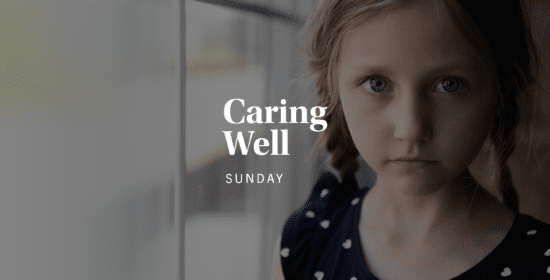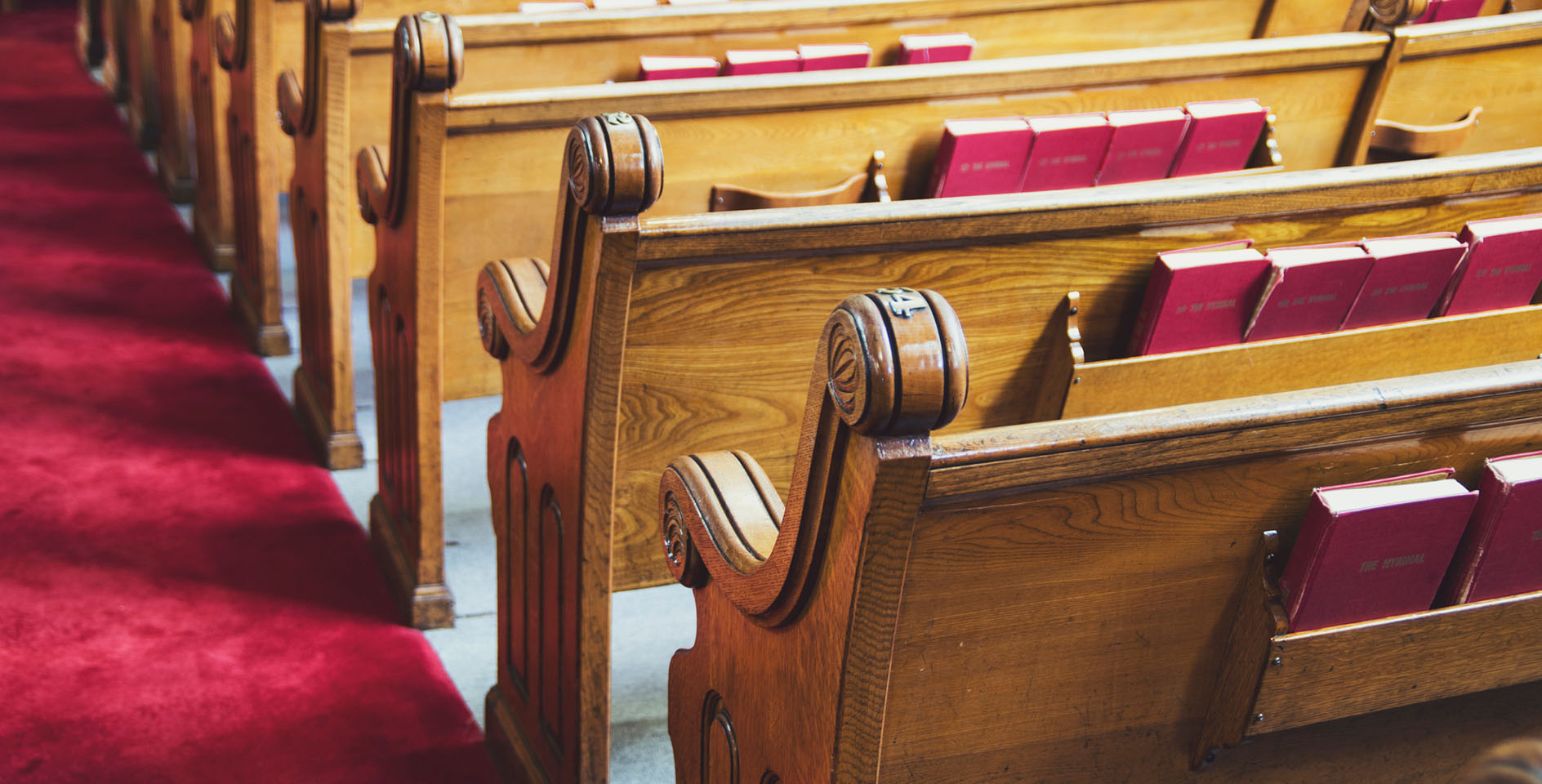LifeWay Research recently released the results of a national survey of Protestant churchgoers including Southern Baptist churchgoers on their perception of sexual misconduct. The survey asked a variety of questions to gauge what sort of experience those who attend Protestant churches have had with sexual abuse, harassment, safety, and accountability within their local churches. The results were sometimes surprising but nonetheless sobering and occasionally alarming.
It is important for us to understand that while surveys like this can be helpful in understanding attitudes about sexual abuse, these numbers represent real people, and often unimaginable pain. So while we consider these percentages, let us also keep in mind the real stories of victims and survivors and the need for the church to both protect the vulnerable and be a refuge for those who’ve experienced the trauma of sexual abuse.
Sexual misconduct involving church leaders
According to the survey, 32 percent of Protestant church goers agree that “Many more pastors have abused children or teens than we’ve heard about” while 31 percent of those surveyed are unsure. This means nearly one-third agree this is a largely unreported issue and nearly another third are open to the possibility that clergy misconduct is a problem. The same question was asked about the prevalence of pastors abusing adults and the perception is similar, with 29 percent believing this is an underreported occurrence and 30 percent unsure. This demonstrates the continued need for churches to undergo training to prevent abuse by church leaders and to report abuse by church leaders when it happens.
With that being said, 87 percent of Southern Baptist churchgoers believe that their pastors would not try to cover up sexually inappropriate things at the church. This demonstrates a significant degree of trust that churchgoers have placed in their leaders. Pastors and leaders must be prepared to deliver on that trust.
The survey also showed that 1% of protestant churchgoers experienced at least one type of misconduct from the pastor, 2% from a staff member other than the pastor, 2% from a church leader not on staff, and 3% said another attendee acted in one of these inappropriate ways toward them. Extrapolated out over 300,000 churches, this is a significant number of individual lives impacted by abuse.
Understanding survivors
The data tell a complicated story about how Protestant church members feel their church would respond to someone sharing that they had experienced child sexual assault or abuse. We should celebrate the fact that 73 percent feel a survivor would be treated with respect and 70 percent feel a survivor would be treated with sympathy within Protestant churches. And yet, we should mourn that this means that more than one out of every four people believe someone sharing that they had experienced child sexual abuse or assault would not necessarily be met with respect, the minimum standard of how a person should be treated.
The same is true for privacy and protection. While most Protestants think that their churches would afford privacy (60 percent) and protection (63 percent), four out of every 10 Protestants are less certain that their churches would do so. Pastors need to consider what they can do to ensure that every member of their flocks will be protected and the details of their story guarded carefully.
Healthy churches should be trained and equipped to receive the stories of survivors in our midst. And churches need to examine the culture that causes a sizeable minority of churchgoers who fear that a survivor’s testimony would not be met with respect, sympathy, and protection.
Churches and the authorities
When it comes to how churches deal with allegations of sexual misconduct by a pastor—a broad category that covers a range of conduct— 25 percent of churchgoers indicated they did not want all the facts about a sexual misconduct allegation investigated, and 37 percent indicated they did not want the truth to be made known. Sixty-two percent indicated they did not want the police involved in a situation involving sexual misconduct.
The survey surfaces potentially troubling attitudes about the relationship between the church and the authorities. While churchgoers express confidence that their churches are safe and ready to handle abuse cases, the statistics cited above demonstrate a need for further training and theological reflection on the need to involve the authorities in criminal acts. Abusers thrive in environments marked by a sense that “this would never happen in our churches.”
Southern Baptists have our work cut out for us. We need more training, we need more information, and we need to look within our churches and ask how many of these things can be so. We need to continue to take seriously the problem of sexual abuse in our churches.
All of this is why the ERLC has been working closely with SBC President J. D. Greear’s sexual abuse study group. We’re also thankful for the opportunity to serve churches at our national conference this year, structured around the theme, Caring Well: Equipping Churches to Confront the Abuse Crisis. At the event, we’ll hear from survivors and experts on important steps to helping churches safe for survivors and safe from abuse.










